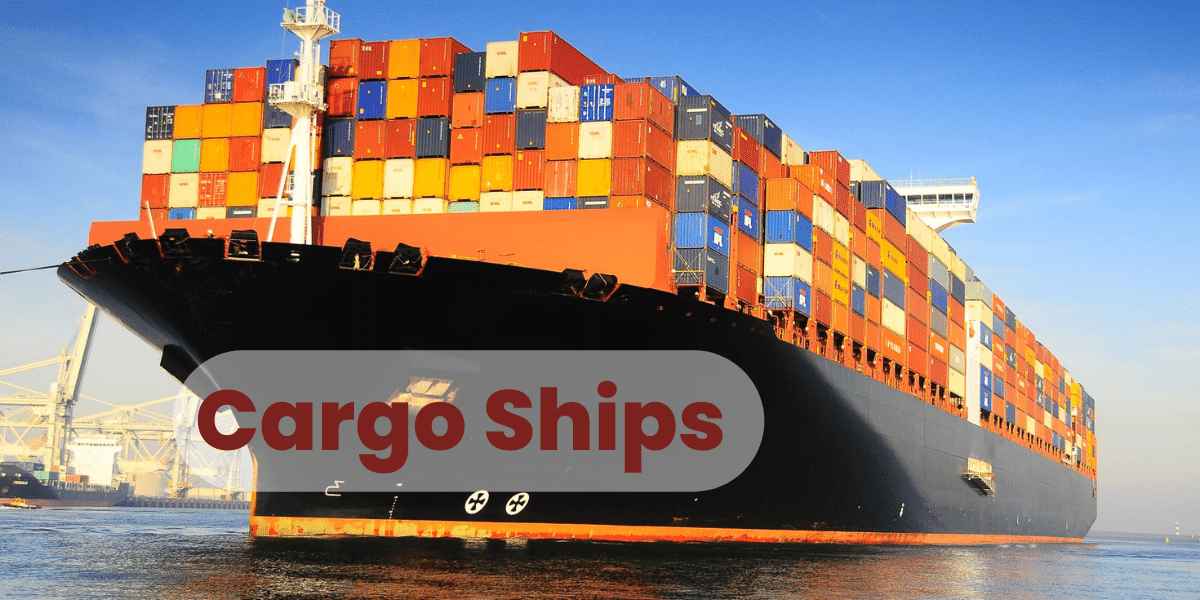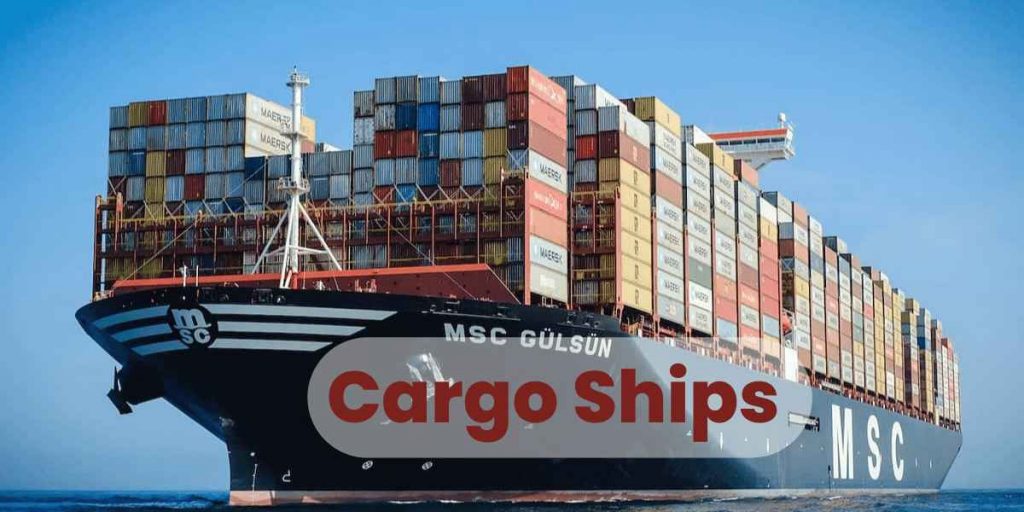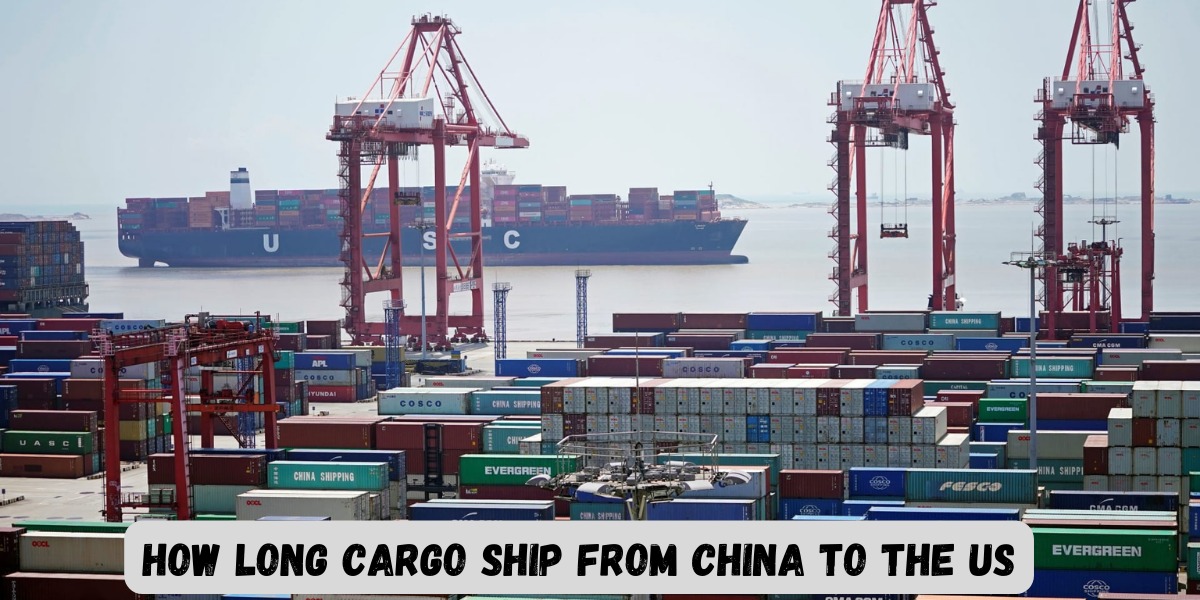The Cost Of A Cargo Ship

Cargo ships are a vital part of our economy. They move goods all over the world, and without them, the global economy wouldn’t function the way it does. Cargo ships can be expensive to build, operate, and maintain, but that’s not the only cost involved. In this blog post, we will explore some of the other costs associated with cargo ships. From insurance to fuel costs, you will learn everything you need to know in order to make an informed decision when it comes to shipping your products.
Cargo Ships
Cargo ships are the backbone of the maritime industry. They transport goods between ports around the world. The cost of a cargo ship can vary greatly depending on the size, features, and specifications of the ship. Here are some factors that can affect the cost of a cargo ship:
- The size of the ship: Larger cargo ships are typically more expensive to operate than smaller ones. They require more crew and storage space, and therefore command higher prices per ton.
- The type of cargo: Certain types of cargo – such as coal or steel – tend to be more expensive to transport than others.
- The features and specifications of the ship: A versatile cargo ship with state-of-the-art equipment will typically cost more than a standard vessel designed for one specific type of cargo.
Cargo Ships vs. Private Shipping
cargo ships are typically much larger and more expensive to build and operate than private shipping vessels. The main factors that contribute to this higher cost are:
- Cargo ships are designed for long voyages, which necessitates a larger hull size and greater carrying capacity.
- Cargo ships must also be prepared for various maritime hazards, including severe weather conditions, piracy, and shipwreck.
- Cargo ships generally require a greater crew size than private shipping vessels in order to handle the increased workload and operating expenses.
Despite these higher costs, cargo ships can be an advantageous choice for certain types of shipments. For example, cargo ships are often better suited for transporting bulk cargoes such as coal or oil because they have large capacities that allow them to transport large amounts at once without having to load multiple smaller shipments over time. Additionally, cargo ships can be more economical than private shipping vessels when it comes to delivering goods to remote locations or importing large quantities of goods from overseas sources.

Cargo Ship Types
There are a few different types of cargo ships that navigate the seas.
Cargo Ships are used for shipping goods and materials from one place to another. Cargo ships can be either air conditioned or un-air conditioned. They come in all shapes and sizes, from small fishing boats to enormous petroleum tankers.
One of the most common cargo ship types is the container ship. Container ships are made up of dozens or even hundreds of containers stacked on top of each other. Each container is about the size of a large van and can hold between 1,000 and 20,000 boxes or bags. It’s easy to transport goods using a container ship because they can navigate through tight channels and around rocks.
One disadvantage of using container ships is that they’re not as fast as other cargo ships. This means that they may not be able to reach their destination as quickly as other shipping options.
Another type of cargo ship is the bulk carrier. Bulk carriers are similar to container ships in that they’re made up of dozens or even hundreds of containers stacked on top of each other, but they’re designed for carrying heavier items than container ships can handle. Bulk carriers often carry oil, coal, and grain products between ports around the world.
The final type of cargo ship is the tanker trucker . Tanker truckers are unique in that they don’t actually transport any goods themselves; they only move fuel from one place to another. Tank
Cargo Ship Costs
The freight shipping industry is one of the most important sectors of the economy, and cargo ships are a vital part of that market. Cargo ships transport goods around the world, and their costs are an important factor when determining whether to purchase or build one. Here are some of the most common cargo ship costs:
Cargo Ship Costs – The Cost Of A Cargo Ship
A cargo ship is a large vessel used for transporting goods around the world. The cost of a cargo ship depends on many factors, including its size, type, and speed. Here are some examples of typical cargo ship costs:
- Size : A cargo ship’s size affects both its cost and its capacity. Larger ships can transport more cargo at a lower cost per container than smaller ships, but they require more crew and fuel to operate.
- Type : Cargo ships can carry different types of freight, depending on their purpose. bulk carriers are designed to carry heavy objects like coal or ore, while container ships are optimized for carrying consumer goods like clothes or toys.
- Speed: Cargo ships typically travel at slower speeds than passenger vessels. This allows them to carry more cargo with fewer trips, but it also results in higher operating costs per mile traveled.
Movers and pakers in UAE.
Cargo Ship Size
The cargo ship size is the measure of a vessel’s capacity to transport goods. Cargo ships come in a variety of sizes, ranging from small fishing boats to large container ships. The size of a cargo ship affects its cost and capacity.
A cargo ship’s size depends on its purpose. Large cargo ships are used for transporting bulk cargos, such as coal or ore, while small cargo ships are used for carrying light goods, such as fruit or tea. The larger the cargo ship, the more expensive it will be to operate and maintain.
The size of a cargo ship also affects its capacity. A large cargo ship can transport more goods than a smaller one, but it will also cost more to build and operate. A small cargo ship can carry fewer goods but will be cheaper to operate.
Cargo Ship Rates
The cost of a cargo ship can vary significantly depending on the type and size of the vessel. For example, a small freighter may only cost around $10 million to build, while a larger container ship can cost upwards of $200 million. Despite these costs, cargo ships continue to be a popular form of transportation for goods throughout the world.
Cargo ships are used to transport both dry and liquid goods. Dry cargo ships are typically used to transport goods that are not sensitive to moisture or humidity, such as grains, coal, and ore. Liquid cargo ships are typically used to transport oil, gas, and other liquid commodities.
The main expense associated with operating a cargo ship is crew wages. Depending on the size and type of ship, crew wages can range from around $30,000 per year for a small freighter to upwards of $2 million per year for a large container ship. Other expenses associated with shipping include dock fees, insurance premiums, and port taxes. More post visit of cargo related.
Isaimini has grown to be a popular platform for accessing movies and music. As a user-friendly site, it offers a wide range of entertainment options. However, it’s important to be cautious of the potential legal and security risks. Overall, Isaimini provides a convenient way to access media content, but users should exercise caution.



